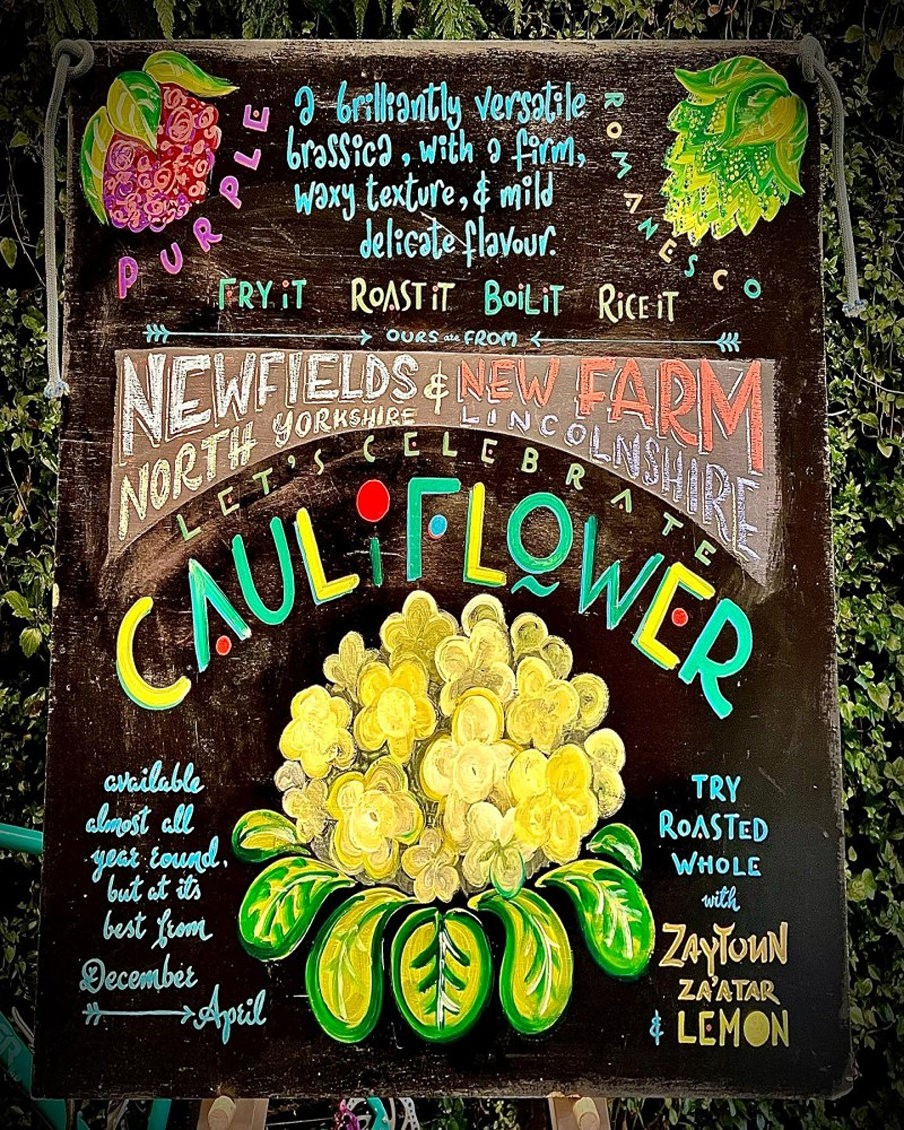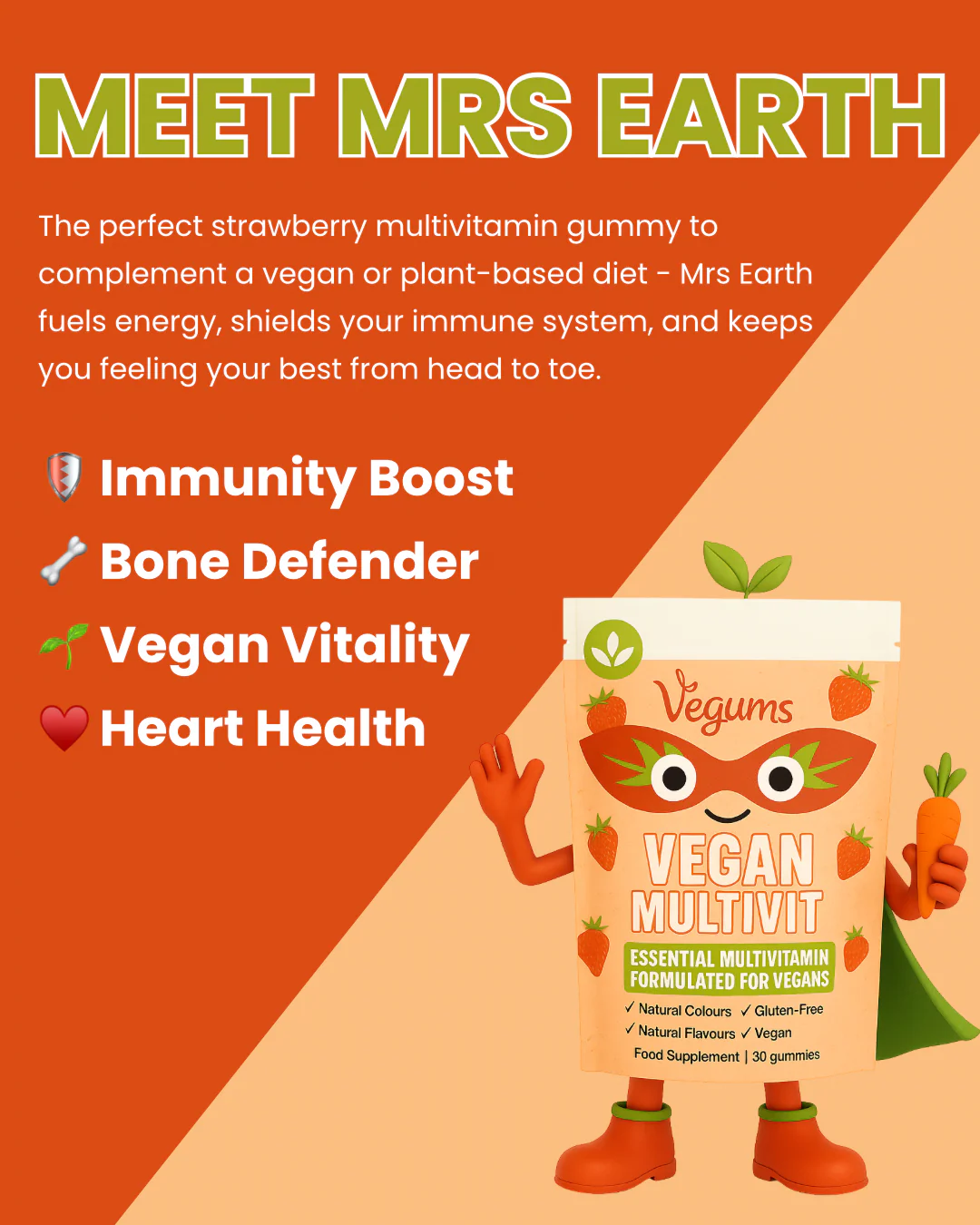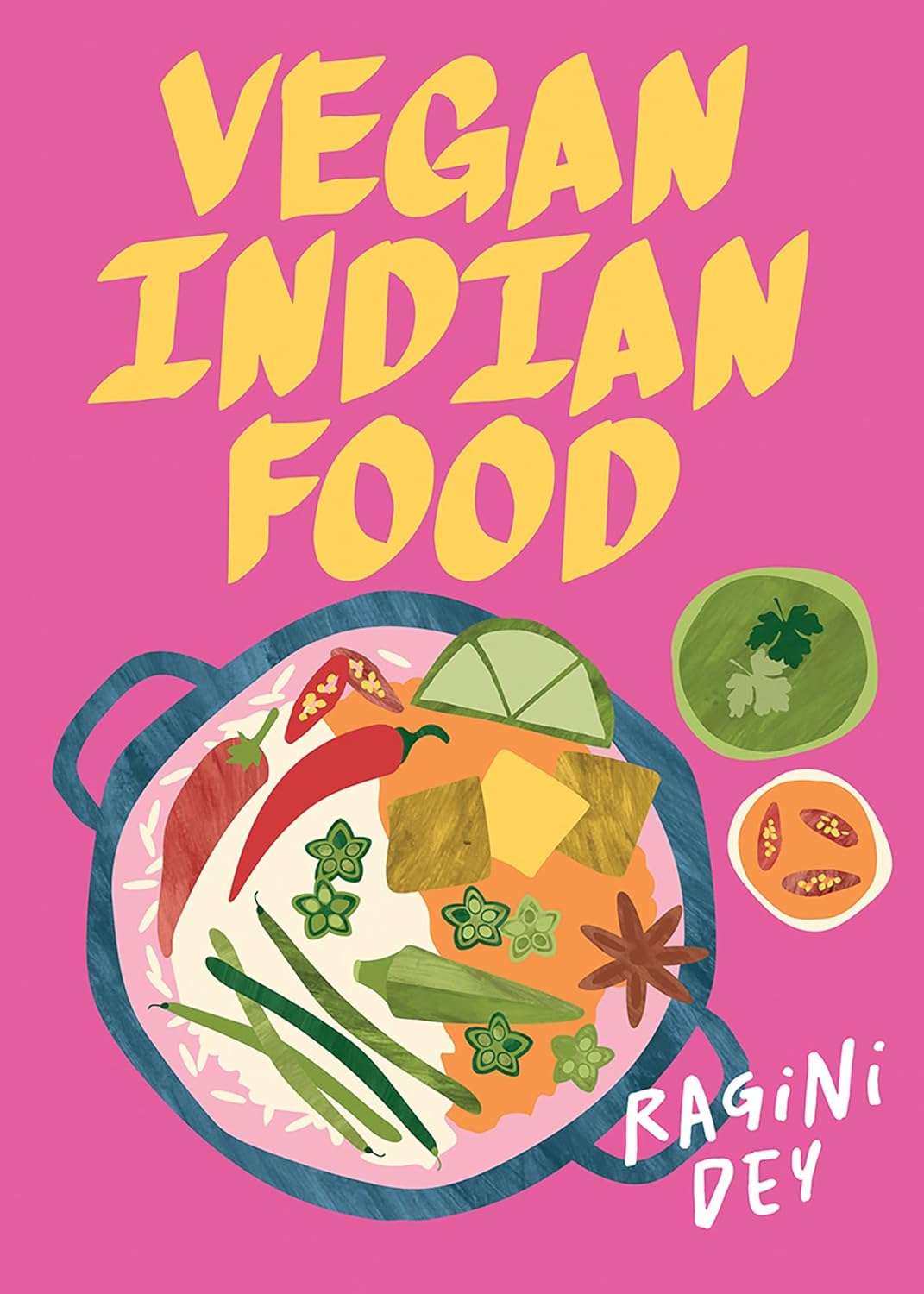Plant-Based Vitamin D (in zero waste jars)

Vitamin D comes from the sunshine, so in England we benefit from a supplement in winter months. It’s fat-soluble so take with fatty foods (nuts, seeds) or with plant-based omega-3 supplements.
Always check with GP before taking, if on other supplements/medication or if pregnant/nursing. Some ingredients also may interact with medicines.
Keep away from young children and pets, and recycle unwanted supplements/medicines at your local pharmacy (never flush down the loo).
Read more on how to stay safe in the sun naturally (wash sun screen off before letting pets lick or kiss you, due to zinc oxide).
Vitamin D3 is a plant-based version to absorb calcium for healthy bones and teeth, and grow strong muscles. This is absorbed better than vegan D2, so look for D3 made from algae or lichen. Nothing Fishy is a good brand, sold in glass jars with compostable refills.






